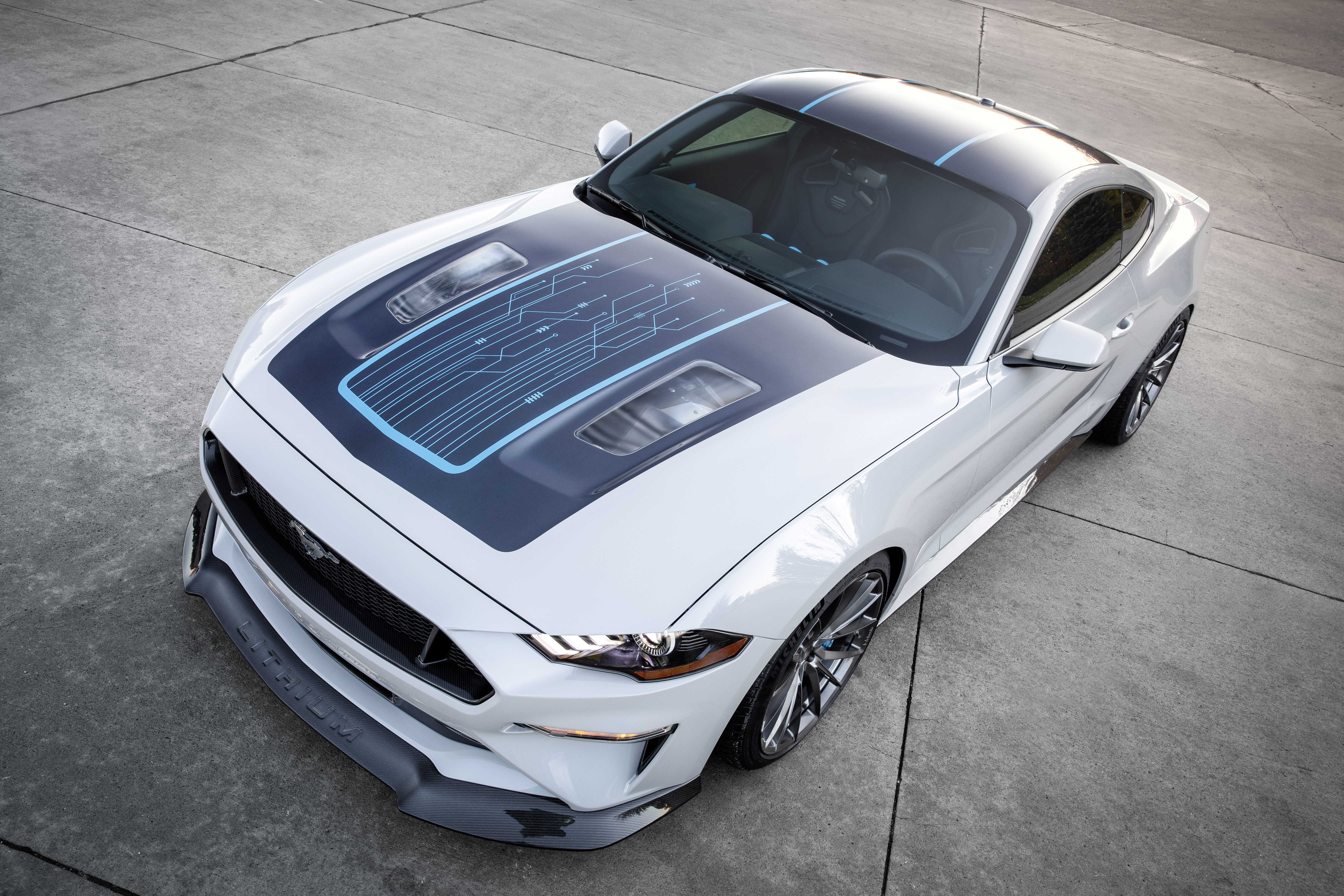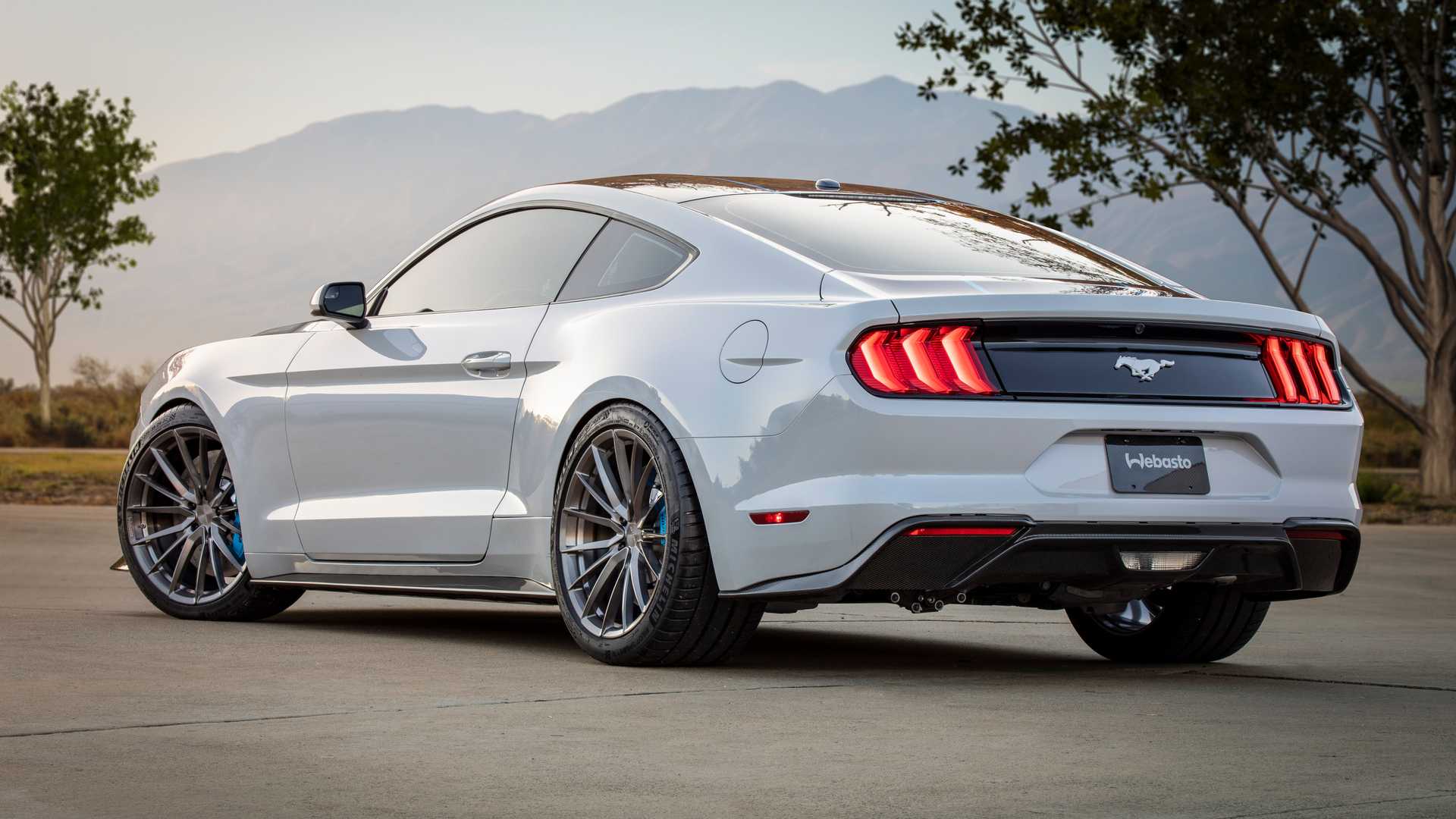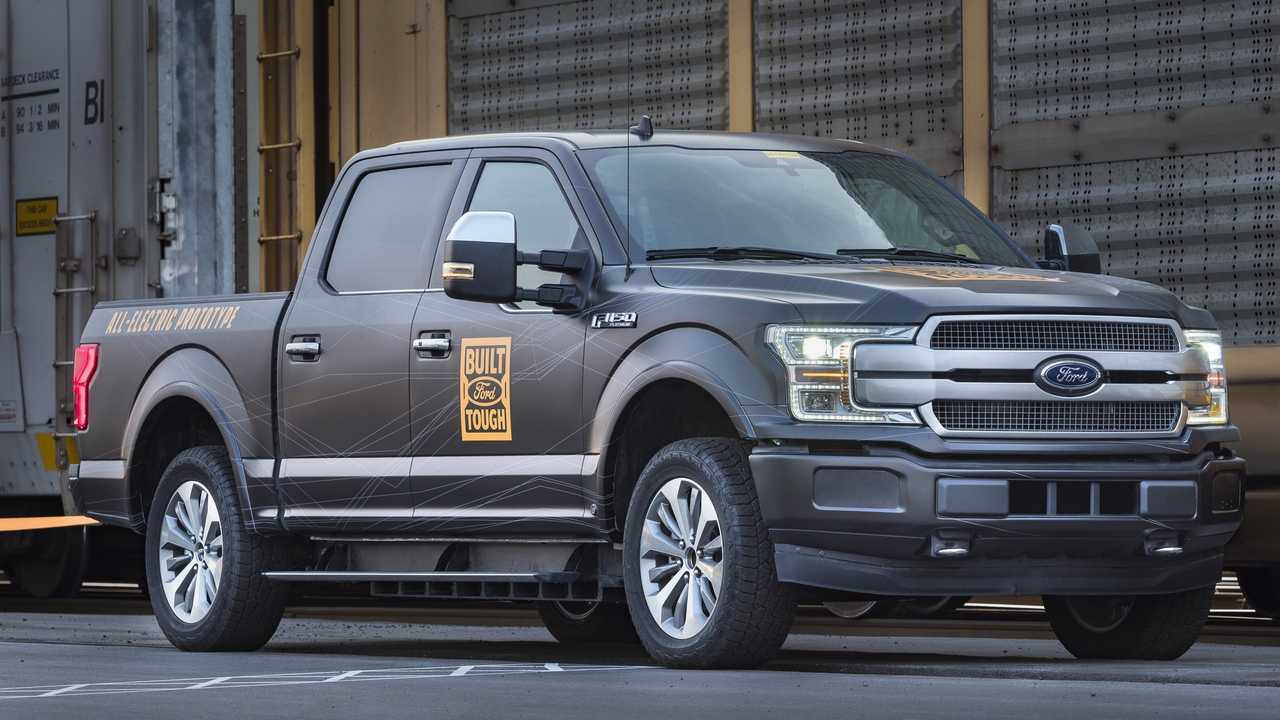Ford wants the world to take notice of its plans for electric vehicles. And what better way than to build an all-electric Mustang fastback with a six-speed manual transmission? And that has us angry over here because it’s a gigantic tease of a prototype that will never make it into production. Or least that’s what Ford… Continue reading Ford built an electric Mustang with a manual transmission. And we’re mad.
Tag: Ford
NOAA Extended Reconstructed Sea Surface Temperature (ERSST), Version 5
This website has limited functionality with javascript off. Please make sure javascript is enabled in your browser. External Data Spec Published 05 Nov 2019 1 min read The NOAA Extended Reconstructed Sea Surface Temperature (ERSST) dataset is a global monthly sea surface temperature dataset derived from the International Comprehensive Ocean-Atmosphere Dataset (ICOADS). It is produced… Continue reading NOAA Extended Reconstructed Sea Surface Temperature (ERSST), Version 5
Ford Mustang Lithium Electric Pony Car Revealed: 800 Volts, 900 HP
Webasto put an 800V battery system in it and Getrag a 6-speed manual gearbox. Why would an EV need a manual gearbox? Ever? Well, perhaps because it can be loads of fun to use on the track. Or to just shift gears on a calm road trip with the family. Whatever the reason may be,… Continue reading Ford Mustang Lithium Electric Pony Car Revealed: 800 Volts, 900 HP
European factories at risk in Peugeot-Fiat merger
FRANKFURT (Reuters) – Fiat Chrysler and Peugeot owner PSA’s pledge not to close factories if they merge is likely to come under heavy strain as the combined group would have spare production capacity of almost six million vehicles in a slowing autos market. FILE PHOTO: Logos of Peugeot and Fiat are seen in this illustration… Continue reading European factories at risk in Peugeot-Fiat merger
LEVC CEO counts on products, new markets to lift UK-based Geely unit – Automotive News Europe
Since LEVC’s successful introduction of the plug-in hybrid TX Taxi in 2017, the UK-based unit of Zhejiang Geely Holding has struggled with costs. As a result, the money-losing producer of the iconic London black cab brought in longtime Audi executive Joerg Hofmann as its new CEO in February. Hofmann’s first job was to stabilize the… Continue reading LEVC CEO counts on products, new markets to lift UK-based Geely unit – Automotive News Europe
BMW’s magical gesture control finally makes sense as touchscreens take over cars
BMW has been equipping its cars with in-air gesture control for several years and I never paid attention to it. It seemed redundant. Why wave your hand in the air when there’s dials, buttons, and touchscreens to do the same? Until this week, that is, when took delivery of a BMW 850i loaner equipped with… Continue reading BMW’s magical gesture control finally makes sense as touchscreens take over cars
UAW Confirms Ford F-150 Electric Pickup Truck & Hybrid Too
Michael Martinez discovered this welcome indiscretion at the union report of the deal. GM had to face a strike before it could reach a deal with UAW. To avoid that, Ford was quick in setting a tentative agreement with the union. According to CNBC, it still has to be approved by local UAW leaders and… Continue reading UAW Confirms Ford F-150 Electric Pickup Truck & Hybrid Too
Santander buys 1.3 bln euro Nordics car loan portfolio from Ford
MADRID, Nov 4 (Reuters) – Santander Consumer Bank, a unit of Spain’s Santander, agreed on Monday to buy a consumer auto-loan portfolio worth 1.3 billion euros ($1.45 billion) from Ford Motor Company in the Nordic countries, a Santander spokesman said. “Part of the transaction is a long-term agreement on retail and wholesale finance to Ford… Continue reading Santander buys 1.3 bln euro Nordics car loan portfolio from Ford
All-New Ford Escort Delivers Great Value to Customers with Sleek Styling, Enhanced Safety and Smarter Convenience Features
The Ford Escort arrives in Middle East showrooms, brimming with features that buyers in the segment want and demand Smarter, safer and more fun to drive than its rivals, the Ford Escort is also more efficient – delivering up to 18.9 km/l Enhanced safety and new convenience features boost Escort’s appeal with new equipment including… Continue reading All-New Ford Escort Delivers Great Value to Customers with Sleek Styling, Enhanced Safety and Smarter Convenience Features
All-New 2020 MY Ford Taurus Launches in the GCC, Boasting Class-Leading Levels Of Comfort, Technology And Safety
JEDDAH, KSA, November 4, 2019 – With a new look, class-leading levels of comfort and refinement, and the very latest in Ford’s active and passive safety features, the all-new 2020 Ford Taurus delivers more of what large sedan buyers in the GCC really want. Ford’s flagship sedan has been completely redesigned, with a major focus on… Continue reading All-New 2020 MY Ford Taurus Launches in the GCC, Boasting Class-Leading Levels Of Comfort, Technology And Safety




